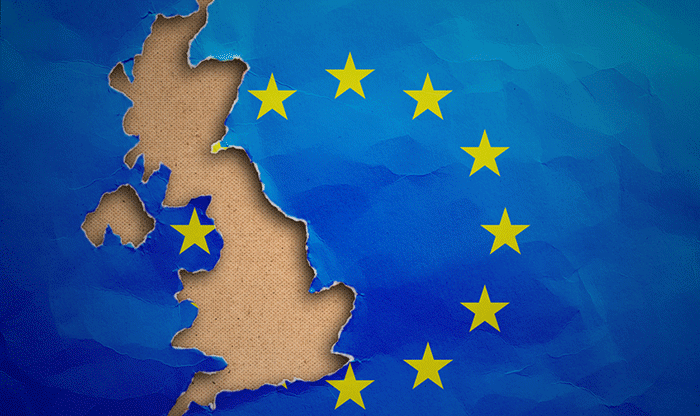
Today’s Capital & Conflict is dedicated to all those moon-dogging, doom-mongering economists and experts who said the British economy would fall off a cliff and crash in a fiery heap if the people voted to leave the European Union. This one’s for you, experts.
And let me remind you that Tim Price’s new petition to get the government to abolish QE and reign in the Bank of England is off to a flier. Announcing it last week to London Investment Alert readers, Tim’s petition is nearly 20% of the way to the required total, at which point the government will respond.
You can sign Tim’s petition to protect British savers and investors here.
If you sign it, think of five people you know who might want to sign it to. Send it to them. If we get 10,000 signatures before 15 September, when the Bank of England’s Monetary Policy Committee meets again, maybe (just maybe) we can put a little grassroots pressure on the bank to quit taking a hacksaw to interest rates and a blowtorch to pensions.
Britain strong, dollar weaker?
I should be less flippant about the economic data coming out. Quite a bit is at stake – especially if the BoE interprets the data in a negative light and either cuts UK rates lower in September or expands its asset purchase programme (buys more bonds, sends rates lower). What are the facts?
First, credit ratings agency Moody’s said the global situation had “stabilised” since the 23 June vote. It said UK GDP should grow by 1.5% this year and by 1.7% in 2017. And while it wasn’t a wildly enthusiastic endorsement of Britain’s future after leaving the EU, it was pretty sensible. Moody’s analyst Madhavi Bokil wrote that:
Uncertainty around the future of the economy outside the common market will continue to dampen business investment and consumer spending, as businesses hold back on hiring and making long-term investments, and as consumers postpone large spending decisions. However, the fall in the sterling will mitigate some of the negative effect in the short term by providing a boost to exports. Our baseline growth forecasts also incorporate the assumption that some fiscal loosening and monetary policy accommodation will support the economy, Eurozone limiting the slowdown in growth.
Moody’s assumes that consumer spending and business investment will remain cautious until the political negotiations over Brexit are concluded. And that British consumer confidence will be subdued. Consumer confidence certainly dipped in July as the establishment and the media went into full meltdown/panic mode.
But don’t be so sure it will stay that way. “Public confidence in UK economy recovers after Brexit vote, survey finds”, reported the Guardian yesterday. People are resilient. Once they see the economy isn’t melting down, then turn off the TV, put down the paper, and get back to shopping online.
Which is just what they did in July, according to the Office for National Statistics (ONS). ONS reported a 1.4% month-over-month increase in online retail sales. It was 5.9% year-over-year, if I’m reading the data correctly. A Bloomberg survey of experts concluded that sales would rise by a miserly 0.1%.
Do you get the feeling that some people are disappointed that Brexit has not led to a collapse in the economy? That’s why you so often see the world “unexpectedly” next to positive economic news. Or the words “despite Brexit”. The mainstream financial elite had it in their heads that Brexit would be an unmitigated disaster for the economy. That it’s not, or hasn’t been yet, is a source of unceasing surprise to them.
Maybe the Bank of England has taken the prudent long-term look. Maybe it’s correct that reduced capital flows, more cautious business investment, and general consumer uncertainty will show up in the numbers in the third quarter. Maybe it’s necessary to destroy pensions and saving in order to save the economy.
Or maybe, as Charlie Morris shows in this month’s The Fleet Street Letter, Britain is stronger than Mark Carney believes. Without stealing his thunder, Charlie has some provocative things to say about pound strength and potential US dollar weakness. Both would require a slight revision to his strategy year-to-date, which by the way is doing quite nicely. More on Charlie next week.
For now, the truth remains the truth. Until Article 50 is triggered and the exit negotiations begin in earnest, we don’t know if Jean-Claude Juncker will get his way and try to punish Britain for leaving. But we’re beginning to see German cooler heads prevail and realise that what’s best for everybody now is to work out something sensible, relatively quickly.
Category: Economics

